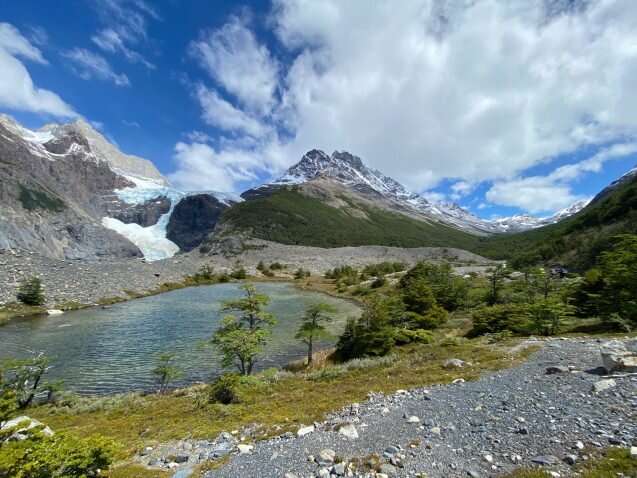Torres del Paine National Park in southern Chile. Credit: Akshay Nanavati via Unsplash
New research has uncovered how an ancient human population adapted effectively to climate change, offering insights that are useful for the environmental challenges of today. The recent study examines the fishing patterns of prehistoric hunter-gatherers in Patagonia, a region at the southern tip of South America. Archaeologists used fish remains to piece together thousands of years of history in the region, painting a fuller picture of the area's prehistoric societies and how they interacted with and transformed their natural surroundings.
A team of Chilean and French archaeologists examined the bones of tadpole codling, a native fish, to determine the seasonal fishing habits of the area's ancient societies. Tadpole codling live on the rocky continental shelves along southern Patagonia's coastline and in the Strait of Magellan, a channel that connects the Atlantic and Pacific Oceans. Along with fishing artifacts, tadpole codling remains are abundant throughout the region, indicating that they were a common food source for prehistoric peoples.
Read the rest of this article...

No comments:
Post a Comment